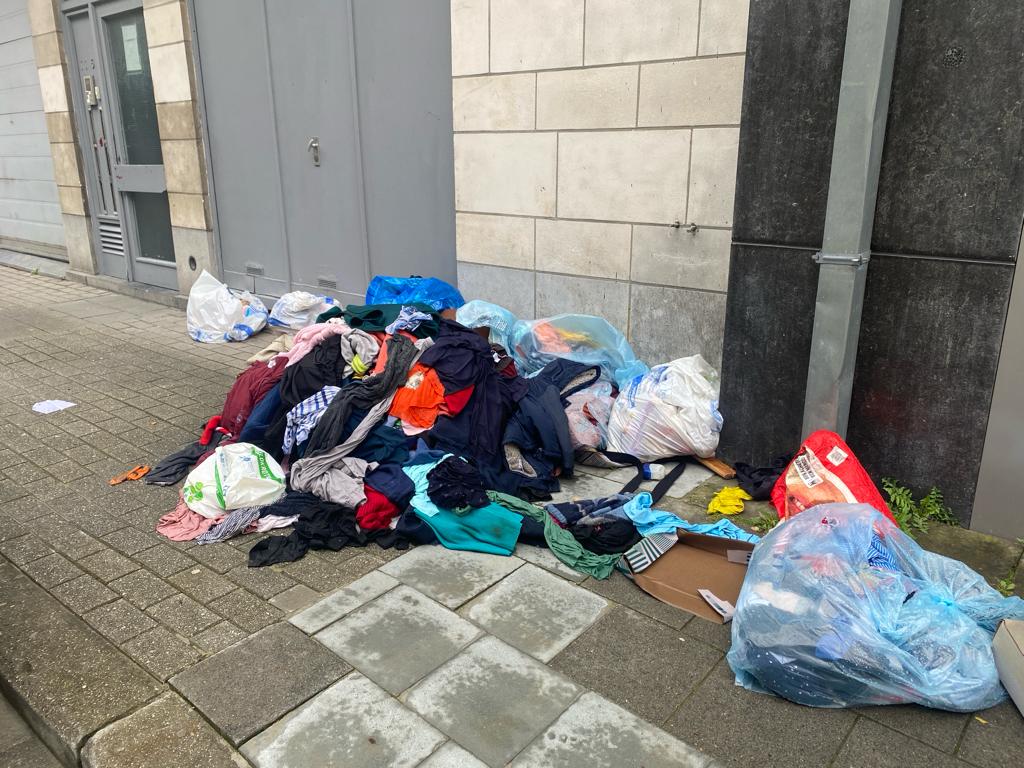For most of the past year, textile recycling has been my professional priority. The upcoming EU legislations will require for collecting, sourcing and recycling commercial and household textile waste all over Europe: clothes will have to be disposed in the same way as you dispose plastic bottles.
Unfortunately, the industry – and society at large – is not yet ready for this, but fortunately many EU-wide initiatives are currently taking place and European institutions are strongly supporting this transformation by funding projects and research.
So, recycling takes up a lot of my time and I find myself thinking about recycling a lot also outside of work. I would say that I have become a recycling activist: I bring waste back home instead of throwing it in street bins so that I make sure it is recycled correctly, I break food containers up according to the materials they are composed of, I avoid buying bottled water to reduce plastic consumption.
I feel I should behave coherently with what I preach every day at work: if we want to create a European circular economy, it should start with small everyday actions by its citizens. And I assume everyone else think and does the same.
However, I have also realised how lonely I am in my battle towards a cleaner future and in Brussels the situation is particularly depressing. The city – especially the centre where I live – is simply so dirty. Not only is recycling only done by a few households, but the filth in the streets – and in the parks, the squares, the fountains – is shocking: the city is full of bottle caps, cans, wrappings, paper sheets, plastic pieces, cigarettes butts, the list can go on and on.
But what really made me stop and think was seeing a young boy opening the wrap of a chocolate bar and throwing it on the ground of the park near my home. It really made me wonder: how is this little boy walking around alone in the evening going to learn about recycling? Who is going to teach him to throw the wrapping in the appropriate recycling bin rather than on the ground? What is he going to do when he grows up if he is not taught now?
So my obsession with recycling becomes a wider question about education, awareness and society. How do we expect the whole of the population to recycle clothing and textile tomorrow, when we still absentmindedly litter the cities we live in?
Is the respect for the environment and effective recycling an idealist dream of a few elitist groups? Unfortunately, the reality seems to be so. However, this should, and must, change. People will need the right knowledge and motivation: everyone must believe they play an essential part in creating a better environment for now and the future.
Local authorities – as well as schools and public institutions – play a fundamental role in this: promote awareness, increase controls and enforce fines for littering and polluting may be a good start. But people need to be led by examples from public figures, who have the power to inspire a real change. I wish they too will become recycling activists.


